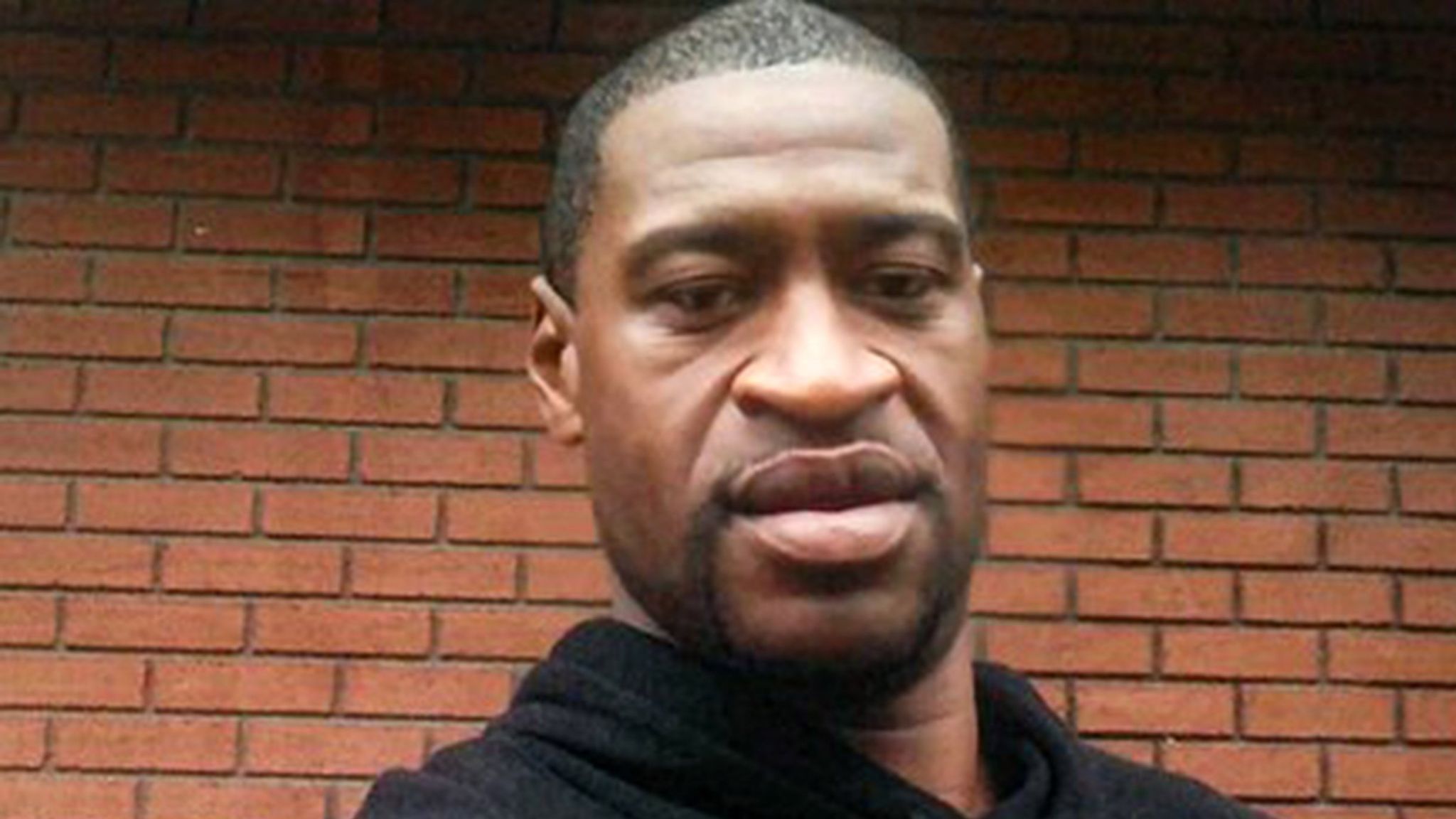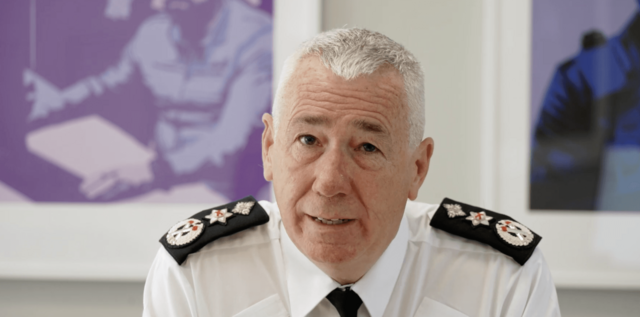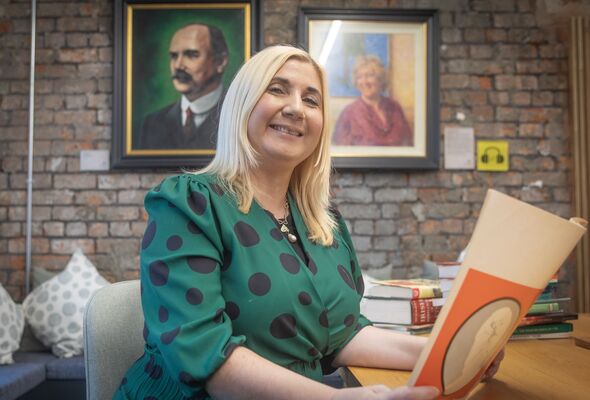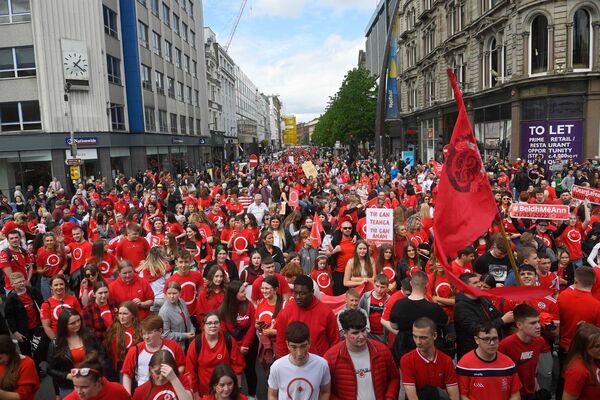WHEN George Floyd’s murder was captured on camera and broadcast across the world the reaction was not only to his own torturous suffocation under the knee of a police officer and the other officers who were complicit. The reaction was a global shudder that reached across 300 years of slavery and its consequences.
We witnessed a rising up against not only a modern state’s actions but against the treatment of people of colour across the globe since white Europeans took to the seas with their flags and their ‘commerce’. Black Lives Matter spoke to the legacy of colonialism in an unprecedented way. George Floyd was not an individual, and his murder not a single act. The taking of George Floyd’s life was the legacy of the murderous raids on Western African nations and the enslavement of millions of people.
Because of the work of outstanding scholars like Angela Davis and Shashi Tharoor we recognise the structural legacies of slavery and colonialism, and how we cannot separate our present from our past.
There has been an historical awakening as a result of this scholarship and the activism of Black Lives Matter that shift our understanding and make us question modern surroundings that are framed by this criminality. This new engagement with history, which includes the mechanics of empire and its effects, makes visible colonialism’s victims. And once we know, we can never go back to the reductionist days of the invisibility of lives discarded in pursuit of the wealth of the few.
We in England’s oldest colony know about the legacies of colonialism. We live in a city with walls that divide us with our consent. Our invisible border was imposed through pogrom, murder and a sectarian head count. Brexit highlights how ridiculous yet how effective that dividing line remains. Thousands of citizens live without the dignity of truth let alone justice for British state and state-sponsored killings. When we apply the lens of empire and colony to our modern reality, we recognise our present is connected to our past in our modern lived lives.
Britain’s empire, which once occupied a third of the globe’s land mass, was the most successful land-grabbing, enslaving and misery-inducing of all the colonising nations’ machines. Britain industrialised enslavement and forced labour and the result was immense wealth which even today we cannot comprehend. All those big houses, vast estates and expansive civic buildings?
All the result of the wealth created by empire.
Modern medals of empire are part of the denial of that criminality. It is a denial of the ripping of children from their parents, the murder of grandparents, the sacking of vast lands, the deliberate impoverishment of populations, the modern-day denial of truth, liberty and justice. And that is just in Ireland.
Twice a year the British establishment pretends to the world that membership of an Order of Empire is something to be proud of rather than to challenge. A complicit media extolls the virtues of recipients rather than ask about the very nature of a so called ‘honours system’.
If the British state truly wishes to recognise the contribution of the civic world to the enrichment of society, then it must remove the titular expression Empire from its lexicon. It would perhaps be a beginning of a reconciliation with its shameful past, replacing its current perpetuation.








